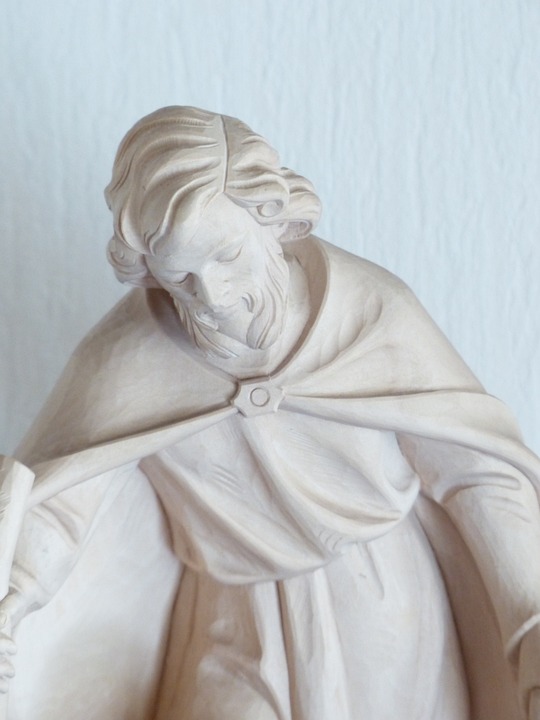Joseph Chamberlain: The Radical Reformer
Joseph Chamberlain was an influential politician and statesman in 19th-century Britain. Born in 1836 in London, Chamberlain started his political career as a radical reformer, advocating for social and economic justice. However, over time, he transitioned to become a prominent conservative figure, championing policies that favored imperialism and protectionism. Chamberlain’s transformation from a radical to a conservative icon is a fascinating story that sheds light on the complexities of political ideology.
Early Life and Political Career
Joseph Chamberlain was born into a middle-class family in London. He received a good education and went on to become a successful businessman, making his fortune in the manufacturing sector. Chamberlain’s business acumen and success in the private sector propelled him into the world of politics. In the 1860s, he was elected to the Birmingham Town Council, where he quickly gained a reputation as a reformer.
Chamberlain’s early political career was marked by his advocacy for progressive causes such as workers’ rights, education reform, and social welfare programs. He was a staunch supporter of trade unions and believed in the power of the state to intervene in the economy to improve the lives of working-class people. Chamberlain’s radical views earned him the support of many ordinary citizens, who saw him as a champion of their interests.
Transition to Conservatism
Despite his early radicalism, Chamberlain’s political views began to evolve in the late 19th century. He grew disillusioned with the Liberal Party, which he felt was not doing enough to address the pressing issues of the day. Chamberlain became increasingly critical of the party’s foreign policy, particularly its reluctance to expand the British Empire. He believed that Britain should take a more assertive stance in global affairs and saw imperialism as a means of promoting British values and interests overseas.
Chamberlain’s shift towards conservatism was also influenced by his experiences as a businessman. He came to believe that free trade was not always in the best interests of British industry and that the state had a role to play in protecting domestic industries from foreign competition. Chamberlain’s support for protectionist policies put him at odds with many of his former allies on the left, but he remained steadfast in his convictions.
Legacy as a Conservative Icon
Joseph Chamberlain’s transformation from a radical reformer to a conservative icon is a testament to the complexity of political ideology. He was able to adapt his views to changing circumstances and remained true to his principles throughout his career. Chamberlain’s legacy as a conservative icon is still felt today, as his ideas continue to influence debates on nationalism, protectionism, and imperialism.
Chamberlain’s advocacy for a strong British Empire and his support for protectionist trade policies have been cited as precursors to modern right-wing nationalism. His belief in the importance of national identity and sovereignty resonates with many conservatives who are skeptical of globalization and multiculturalism. Chamberlain’s legacy as a conservative icon is therefore a complicated one, as his ideas have been both celebrated and criticized by different political factions.
Conclusion
Joseph Chamberlain was a political figure who defied easy categorization. His journey from radical reformer to conservative icon is a reflection of the changing political landscape of his time. Chamberlain’s willingness to challenge conventional wisdom and stake out bold positions on key issues made him a polarizing figure, but also a respected one.
Chamberlain’s legacy as a conservative icon is still debated by historians and political commentators, but there is no denying his lasting impact on British politics. His advocacy for protectionism, imperialism, and national identity continues to resonate with many conservatives today. Chamberlain’s ability to adapt to changing circumstances and remain true to his convictions is a testament to his enduring influence.
